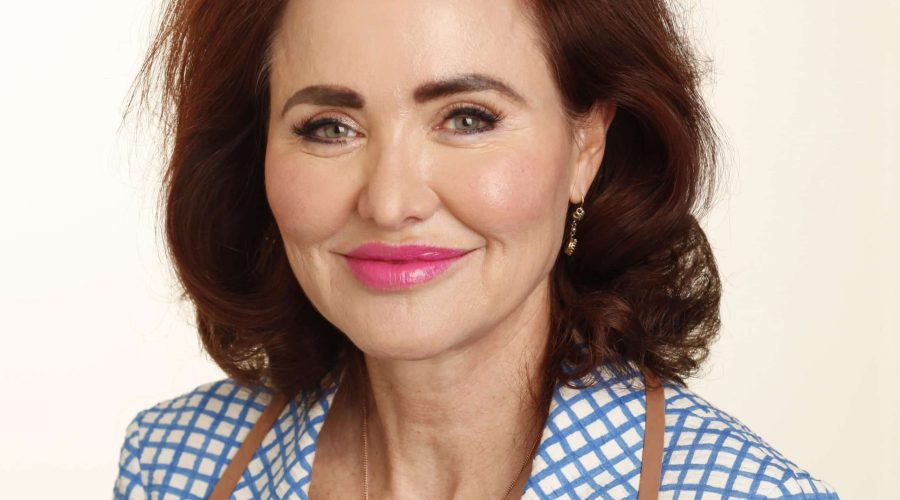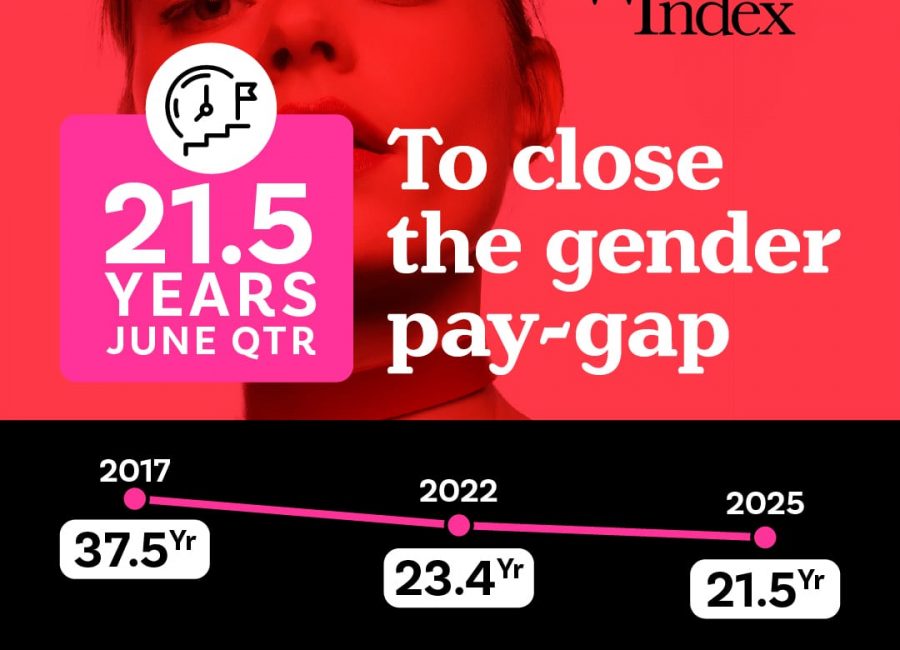As far as Australia’s finance sector goes there’s a lot of talk around supporting women’s money health, wealth and independence, but not a lot of action.
Many of the major banks, superannuation funds and other financial organisations, even the Reserve Bank of Australia are still seriously lacking senior executive women within their ranks.
What’s more, the programs or divisions designed to be there to “empower Australian women” to build wealth, seem to be a nice-to-have for marketing purposes, rather than vehicles for meaningful corporate and social change in this space.
Just ask Lisa Claes, the former ING Direct Executive who is now managing director of data house CoreLogic.
Lisa is big on data facts but knows this alone means very little unless you marry it with other customer insights.
“At the core of our business are mega data sets and from these we can provide the bigger picture and intelligent insights to customers.”
Since stepping into the role in September last year, Lisa’s acute interest in the financial well being of women continues . It’s not just because she is a woman, but because of what the data tells her the future holds.
“It’s estimated that $2.4 trillion will come into mainly female hands in next two decades,” she says citing research she conducted whilst at ING Direct and from the Australian Bureau of Statistics.
This massive pool of wealth is destined to transfer to the baby boomer generation from their parents and partners. Women are likely to get more of this than men, simply because they live longer.
It’s coming at a time when more Australian women say they are either making the majority of household financial decisions, and property market decisions, or sharing those equally with their partner.
Lisa believes that because of the social change that’s afoot, finance organisations that can “orient their proposition to appeal to the female decision making appetite” will enjoy a greater share of this intergenerational pipeline than those who don’t pivot their offerings.
“I see this as a great opportunity to tap into the female psyche.“
But it’s an opportunity that many organisations are potentially ignoring.
“The finance industry has been slow to optimise these opportunities to leverage the female appetite.
“I think it is simply that men have historically dominated the hierarchy of leadership in finance for so long that this connection to the growing female cohort in their customer base has been untapped.
One of the most common reasons cited in research as to why women don’t seek out professional financial help, or aren’t as active in risk-taking when it comes to investing money, is a tendency for women to be more conservative by nature.
Indeed the other reason is that women on average still tend to earn less than men, have less saved for their retirement through superannuation, and therefore have less money to invest.
“Overall the difference between a women’s approach to investing compared to men, is women are more concerned with making it last and men watching it grow.
“Men will gravitate to investments that have more short-term credentials whereas women will want investments that provide long-term wealth building and security.”
Ms Claes also believes that financial firms are failing to communicate in a way that resonates and connects with women.
“I have a very keen interest in the promotion of women in terms of career and their financial well-being.
The one area that Ms Claes sees an opportunity with CoreLogic is in property.
“I’m keen to proceed with our work on affordability in housing – I want to look at it qualitatively, and holistically – the attitudes and concerns of the aspiring home owner and will specially be looking at this through the female lens.”












